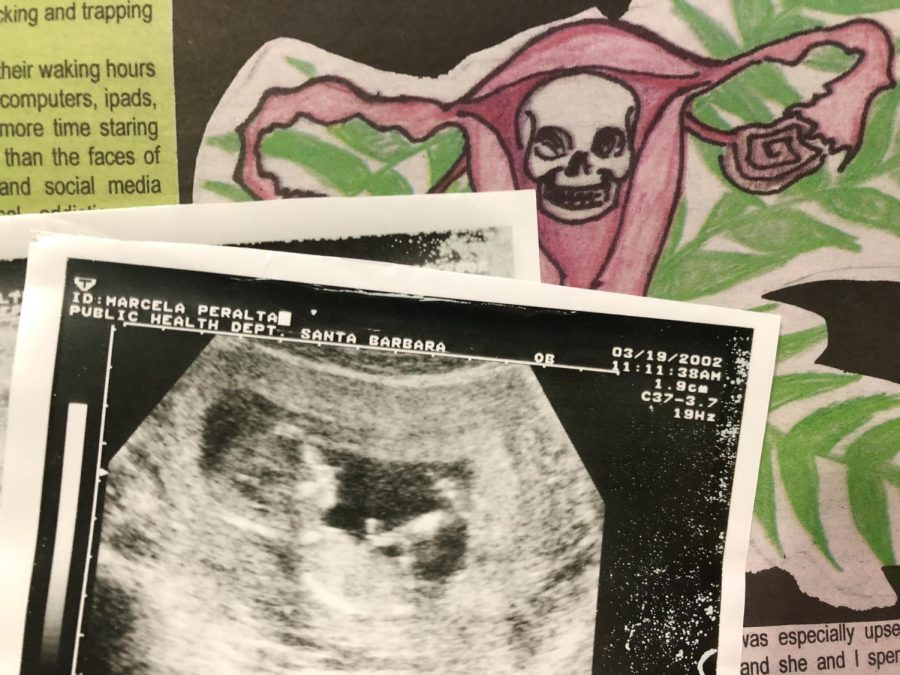Bringing a child onto a planet facing a bleak future is starting to seem more and more like a selfish decision.
I’m still too young to really decide, but between the impending global climate crisis and my own experience with mental illness, not having children feels like the responsible decision.
The biological desire to reproduce doesn’t mean that it fits in with the reality of modern society.
I first read about the idea of choosing to be sterilized in the light of the climate crisis in a radical newspaper I picked up in an art market.
The writer was a white woman who chose to be sterilized at 23 to keep her future self accountable to her climate action goals and to deny further usage of occupied indigenous lands with another generation.
“To create a new baby settler who will vie for these limited resources is to align your womb with manifest destiny—don’t do it!” she wrote.
Fighting colonialism and limiting further climate disruption takes more than individual choices, but you can’t deny that not having a child can reduce 58 tonnes of carbon each year.
Surely people choose to have children for reasons that they believe to be unselfish, but this isn’t always the case. My own parents had kids for selfish reasons and it puts unfair pressure on me and my sister.
They have struggled with mental health their whole lives and it makes me wonder if it’s possible for someone to truly be healthy enough and ready to take on the huge responsibility of caring for another life.
Parents who have a mental illness often pass on similar traits to their children, either genetically or by demonstrating unhealthy behaviors that their children absorb.
According to the National Institute of Mental Health, “nearly one in five U.S. adults live with a mental illness.” It doesn’t mean they aren’t worthy of having their own children but is something that should be considered as it could impact their child’s life immensely.
I feel grateful for the life my parents gave me, but I wish that they had spent more time working through their own mental health problems before they decided to raise kids.
I’m still too young to make the ultimate decision, but I can’t see myself spending any portion of my life trying to raise my own child, especially when there are already so many orphaned or abandoned children to be helped.
There are many ways adults who have the capacity to be responsible for children can contribute to these kids’ lives and well-being without bearing their own.
This could be through providing child care, providing financial support, teaching a skill, or adopting.
It’s a privilege to be able to have the power to choose whether or not to have children. Incarcerated women in the U.S. have been forcibly sterilized as recently as 2010 and birth control wasn’t widely available until the 60s.
We don’t know for sure what the future holds. Choosing to be sterilized might not be the best decision for people concerned with anti-colonialism and mitigating the climate crisis.
Maybe the future will be a beautiful place where everyone can live without destroying the planet.
But it doesn’t make sense to plan for that without any tangible change in the present.






